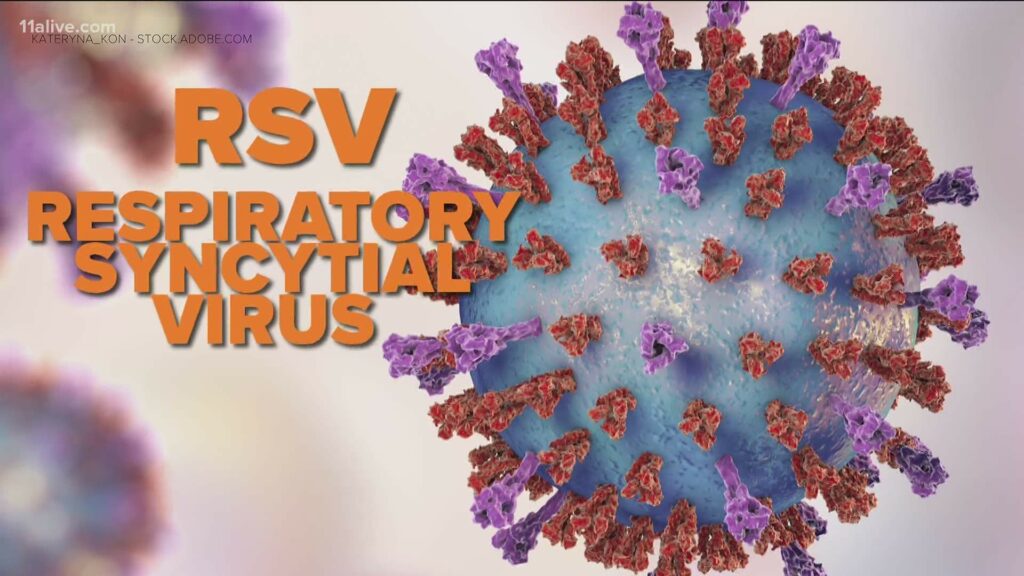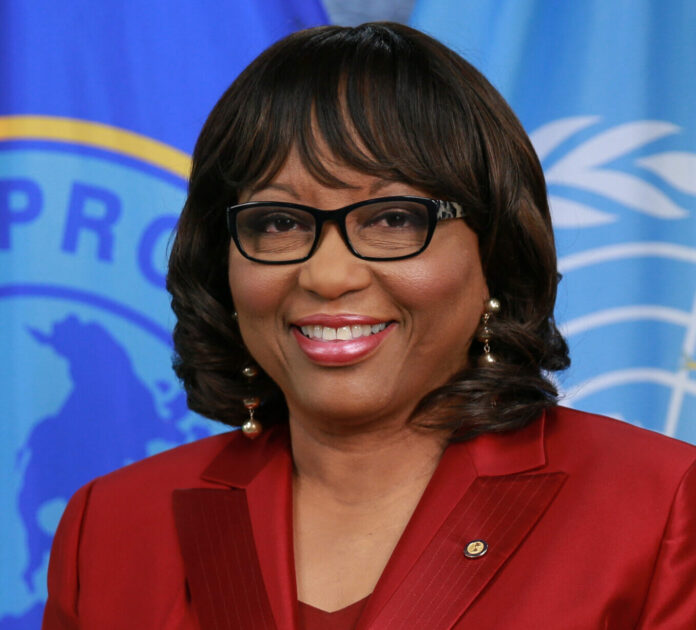With an increase in Covid-19 infections in the region, seasonal influenza on the rise, and a spike in cases of Respiratory Syncytial Virus (RSV), the Pan American Health Organization (PAHO) Director, Carissa F Etienne, called on countries to implement the tools proven to keep communities safe, including vaccines, surveillance, mask wearing and social distancing, particularly in the run-up to the festive period.
“The rise of a single respiratory infection is a cause for concern. When two or three start impacting a population concurrently, this should put us all on alert,” she said during a media briefing on Wednesday.
Cases of Covid-19 have increased by 17 percent in the region over the past week, and deaths increased in South America and Central America. A reduction in testing may be hiding the true number of infections.
“The situation can change quickly,” she warned. “Every time we become complacent with this virus, we run the risk of resurgence. We cannot lower our guard.”
Meanwhile, cases of influenza in North America are rising and an out-of-season increase in cases in the Southern Cone is also being seen, particularly in Argentina and Uruguay, which is putting unexpected stress on health systems.
RSV infections have also increased significantly, burdening health systems in Canada, Mexico, Brazil, Uruguay and the United States, and having a particular impact on children and infants under the age of one.
Dr Etienne highlighted that the strategies used to limit the spread of Covid-19, including mask-wearing and social distancing, also apply to other respiratory diseases, including RSV, for which there is currently no vaccine.
Countries must also strengthen genomic surveillance of diseases and continue to encourage vaccination against Covid-19 and influenza. This year, the PAHO Revolving Fund has procured 39.5 million vaccine doses against Covid-19, and 31 million influenza vaccines to member states.
“We have enough vaccines to keep us all safe. Let’s use them,” urged the Director.
Turning to the additional outbreaks in the Americas, Dr Etienne reported that the cholera situation in Haiti continues to worsen, with over 700 confirmed cases since early October, 7,000 suspected cases, and 144 deaths.
PAHO continues to support Haiti in providing life-saving care to patients, deploying health workers and facilitating access to fuel for health facilities, but other countries must increase vigilance, the Director urged.
Monkeypox infections have fallen in most of the severely affected countries, and Dr Etienne called on countries to continue to engage with those who are most at risk, “to drive cases to zero as quickly as possible”.
As far as polio is concerned, the PAHO Director reported no further cases in the region, though vaccination remains “historically low”.
“We must remember that polio spreads silently, and it has no cure or treatment,” she said. “Vaccines are our best tool to prevent this disease.”
As we head into the holiday season and travel to visit family and friends, people must remain vigilant about all these health threats and learn from the lessons of Covid-19, Dr Etienne said. “We have the tools at our disposal to limit the impact of severe respiratory diseases, and we must continue to respond to these crises as a region,” she added. “Let’s not take these lessons for granted.”

FACT BOX: Respiratory Syncytial Virus (RSV)
What is RSV?
Respiratory syncytial virus is a major cause of respiratory illness in children and usually causes a common cold. But sometimes it infects the lungs and breathing passages and can cause breathing problems in infants and young children.
What are the signs and symptoms?
Kids with RSV might have cold symptoms, such as a stuffy or runny nose, sore throat, mild headache, cough, fever, not eating or drinking well, or a general ill feeling.
When should I call a doctor?
Call a medic if your child develops a fever after having a cold or has a high fever, has a cough or other symptoms that get worse, is wheezing, has laboured or rapid breathing, or shows signs of dehydration, such as fewer wet diapers than usual. Also call if your infant is very cranky, or refuses to breastfeed or bottle-feed. Get medical help right away if your child is struggling to catch their breath, is very drowsy or has lips or fingernails that look blue.

